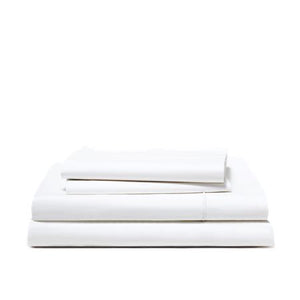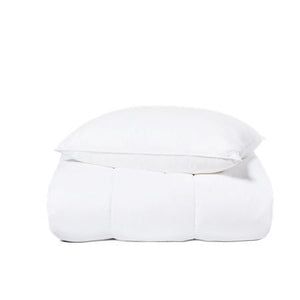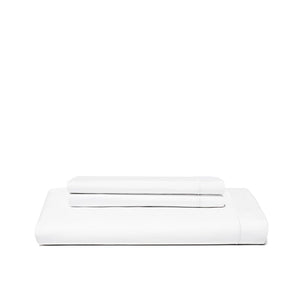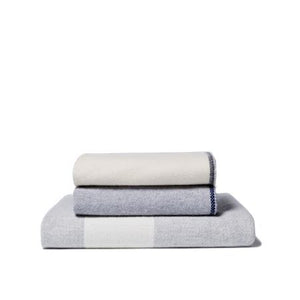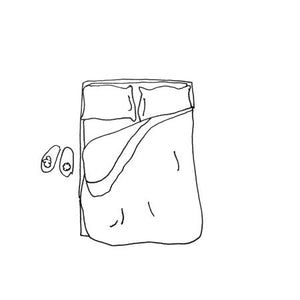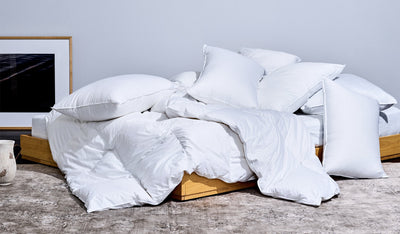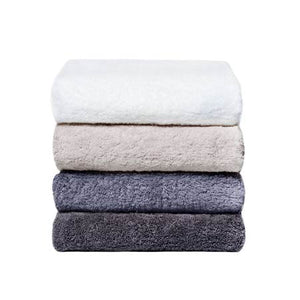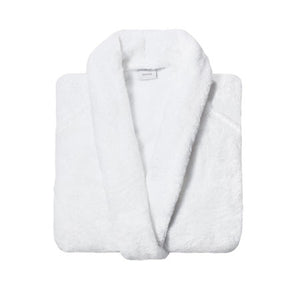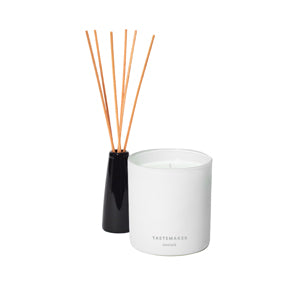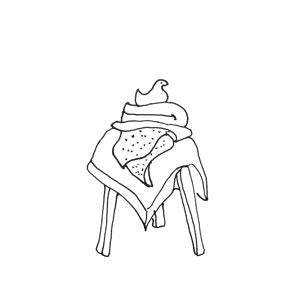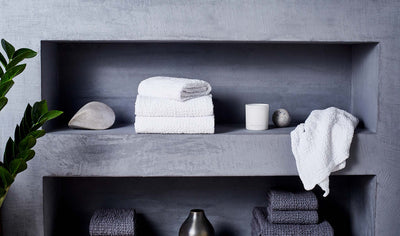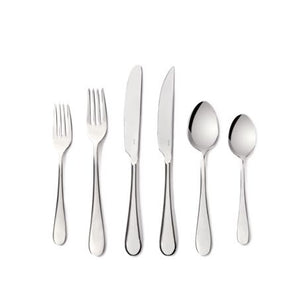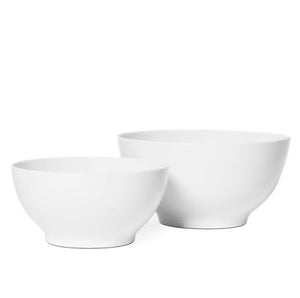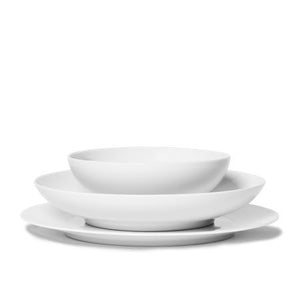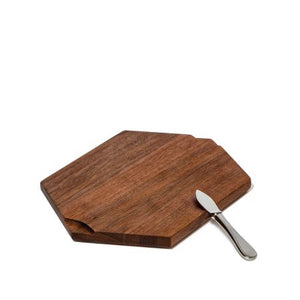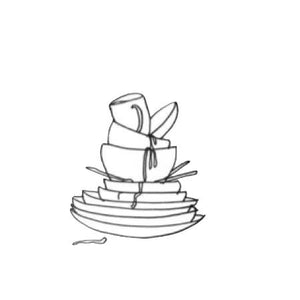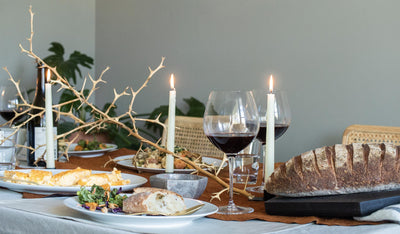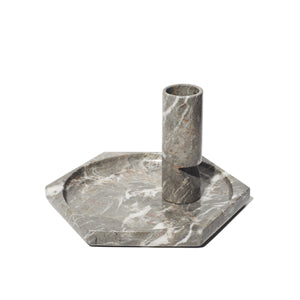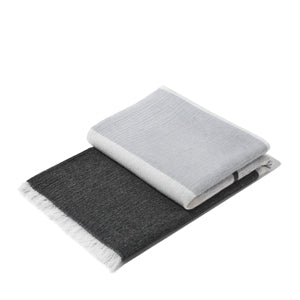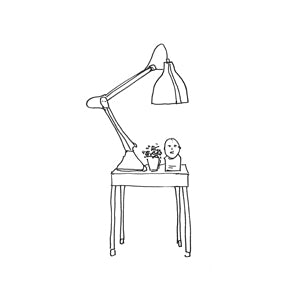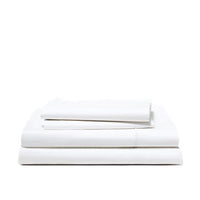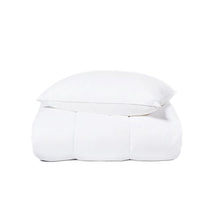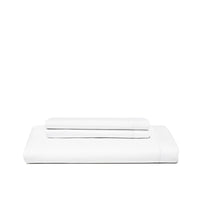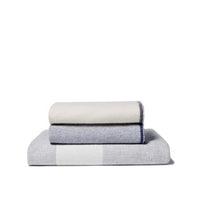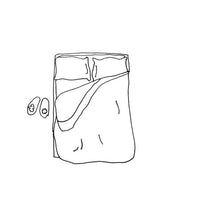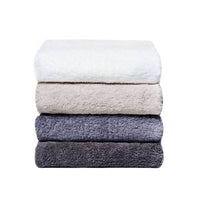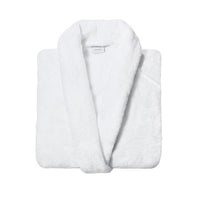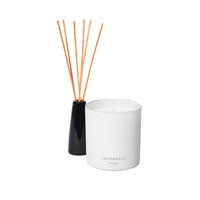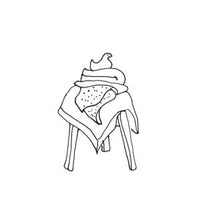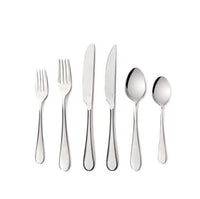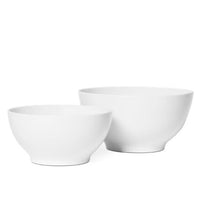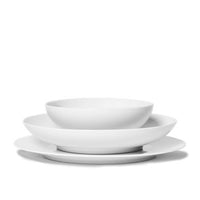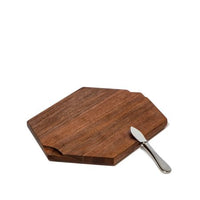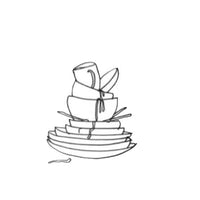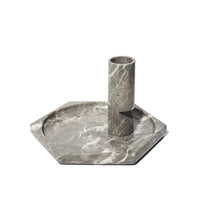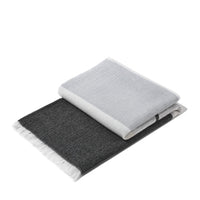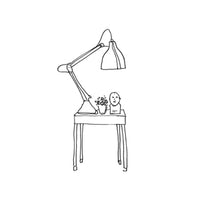Getting a good night's sleep hinges on comfort, and a cozy, warm comforter is essential. With so many types of comforters available, choosing the right one can feel overwhelming.

In this quick read, we’ll walk you through the different types of comforters and find the perfect one for your needs. You’ll gain more knowledge about its materials, fillings, and styles to enhance your sleep experience. Let’s get it started and read on!
What are the Best Comforter Materials?

The material used in the best comforters can greatly affect the quality of your sleep. Here, we'll explain the different types of materials used in comforters and what makes each one unique.
Natural Fibers
Natural fibers like cotton, silk, wool, and bamboo are all popular choices for comforter materials. Cotton is a breathable and durable option that is easy to care for. Meanwhile, silk is a luxurious and lightweight option that is great for people with allergies.
Wool is a warm and cozy option that is perfect for colder climates. Lastly, bamboo is a soft and eco-friendly option that is naturally moisture-wicking.
Synthetic Fibers
Comforters commonly use synthetic fibers like polyester, which is durable and affordable, and microfiber, which is soft, lightweight, and good for allergies. Tencel is another synthetic option that is eco-friendly and moisture-wicking.
For filling, down is popular, with goose down being higher quality than duck down, and there are also cruelty-free down alternatives. Organic cotton and linen are eco-friendly and breathable for the shell, while flannel is a cozy choice for colder climates.
The Comforter Types and Filling You Need to Know

Comforters come in a variety of types and fillings, each offering unique characteristics that can impact your sleep.Understanding these differences can help you choose the best comforter for your needs.
In this section, we will explore the various types of comforters and fillings available to enhance your sleeping experience.
Down Comforters
Down comforters are a popular choice for those who want a warm and cozy sleeping experience. These comforters are filled with the soft, fluffy undercoating of geese or ducks. The fill power of a down comforter refers to the amount of space that one ounce of down takes up.
The higher the fill power, the fluffier and more insulating the comforter will be. Down comforters are also known for their ability to regulate body temperature, keeping you warm in the winter and cool in the summer.
Down-Alternative Comforters
If you are allergic to down or prefer a cruelty-free option, down-alternative comforters are a great choice. These comforters are filled with synthetic materials such as microfiber, polyester, or rayon. They can be just as warm and comfortable as down comforters, but without the risk of allergic reactions.
Down-alternative comforters are also easier to care for and can be machine-washed and dried.
Specialty Comforters
In addition to down and down-alternative comforters, specialty options like wool and silk are available, offering natural insulation and luxurious comfort, respectively. Synthetic fills like fiber fill and microfiber provide lightweight and breathable alternatives, with fill power and loft affecting insulation and warmth.
For eco-friendly or hypoallergenic options, consider comforters made from recycled materials, bamboo, or organic cotton, ensuring the best choice for your needs and budget.
Choosing the Right Comforter for You
When choosing the right comforter, consider your budget, lifestyle, and usage. Factor in product certifications and standards to ensure your comforter is eco-friendly and responsibly made. Your decision-making process will be influenced by these key elements.
Your Budget Considerations
Comforters can range in price from very affordable to quite expensive. If you're on a tight budget, you may want to consider a down alternative comforter, which is typically more budget-friendly than a down comforter.
However, if you're willing to spend a bit more, a down comforter can provide superior warmth and longevity.
Your Lifestyle and Usage
If you live in a warm climate or prefer to keep your bedroom cool, you may want to choose a lightweight comforter that can be used year-round.
On the other hand, if you live in a colder climate or prefer to keep your bedroom on the warmer side, you may want to choose a thicker comforter that can provide extra warmth.
If you frequently travel and stay in hotels, you may want to consider purchasing a comforter set that includes a travel-sized comforter. This can provide you with the comfort of home while you're on the road.
Conclusion:
There are various types of comforters to suit different needs, including down, down alternative, and wool. Each type offers unique benefits, from warmth and insulation to hypoallergenic properties and breathability.
Understanding these options can help you choose the perfect comforter for a restful night's sleep. Check out our comforter collections today to find the ideal match for your bedding needs!
Related Articles:
Frequently Asked Questions
What are the best kinds of comforters?
The best kind of comforter depends on your personal preference and needs.
If you live in a colder climate, a down comforter can provide warmth and insulation. Meanwhile, a hypoallergenic comforter made from synthetic materials may be a better choice if you have allergies.
If you prefer a lightweight option, a cotton or silk comforter may be more suitable.
What is a very thin comforter called?
A very thin comforter is called a summer or lightweight comforter. These comforters are designed to provide a comfortable sleeping experience during warmer months or in climates with milder temperatures.
What is the most comfortable material for a comforter?
The most comfortable material for a comforter is subjective and can vary depending on personal preference.
However, materials such as down, cotton, and silk are known for their softness and comfort.
What is the difference between a duvet and a comforter?
A duvet is a soft, flat bag filled with down, feathers, or synthetic fibers. Meanwhile, a comforter is a thick, quilted blanket filled with insulating materials.
Duvets are designed to be used with a duvet cover, which can be easily removed and washed. In contrast, comforters can be used as is or with a cover.